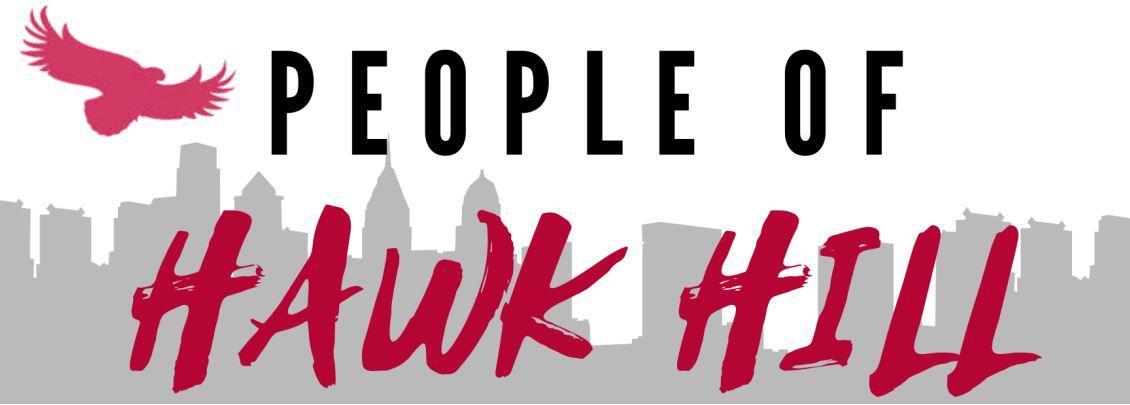Everyone who books an appointment with me at the Writing Center can know that they will be heard. I
want to hear your needs as a writer because I know people can be nervous to share this part of their life.
I understand people can feel judged for their writing, but your writing is uniquely yours, so I never want to judge. Besides, what even defines being a “good writer?” What makes some of my writers think that they are bad at writing? Like, should I even be using “like” like that? As your tutor, helping you craft clear and understandable writing is in, and striving to “fix” your writing is out.
For the helpers and givers, being a writing center tutor is as fulfilling as it gets. It never feels like a chore because you know you will be making a difference. Being a writing center tutor is equally about being a learner as much as it is about being a teacher.
Each tutoring session is an extra lesson in patience and adaptability. I have adapted my tutoring style to be able to work with every walk of life English Second Language learners, students who are deaf, students with autism – people who I otherwise would have had limited interactions with.
No writer is the same, so I’ve learned to be patient while adapting to their unique needs while encouraging their writing confidence. Some writers need more direct guidance, and some use their time as a space to process their thoughts out loud, and both are okay because everyone learns differently.
Our anti-racist training curriculum for writing center tutors has not only impacted how I approach every tutoring session, but it has transcended into other aspects of life as well. The work is so meaningful and impactful that you forget you are being paid for it. My greatest hope is that the writer leaves their session feeling more confident than before.







































